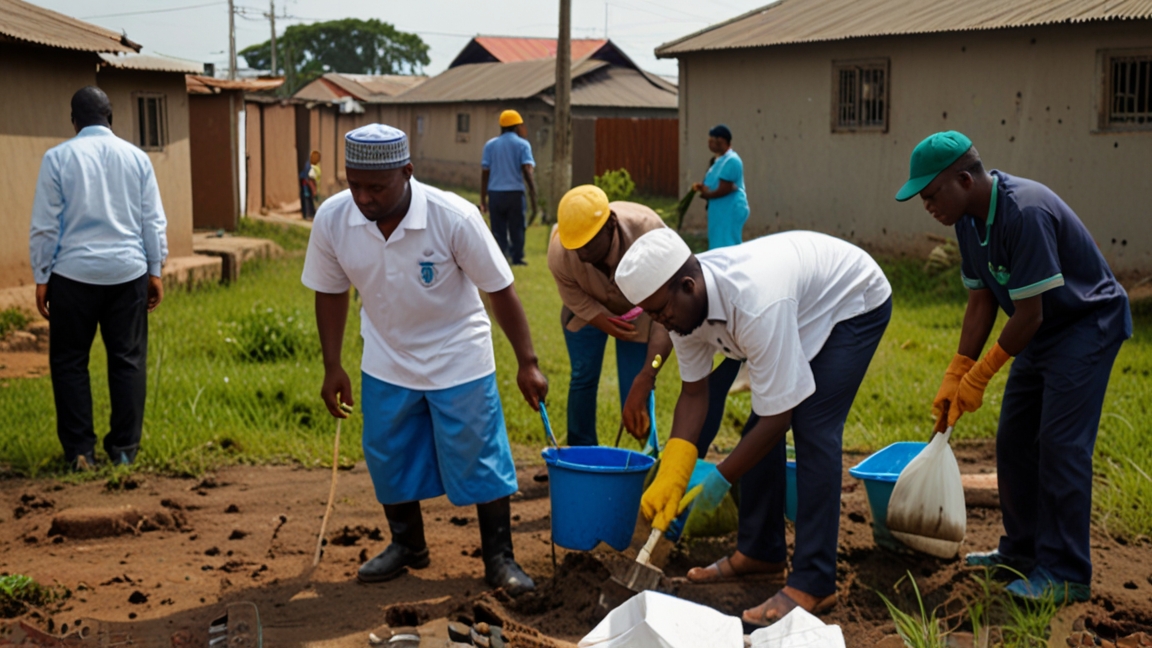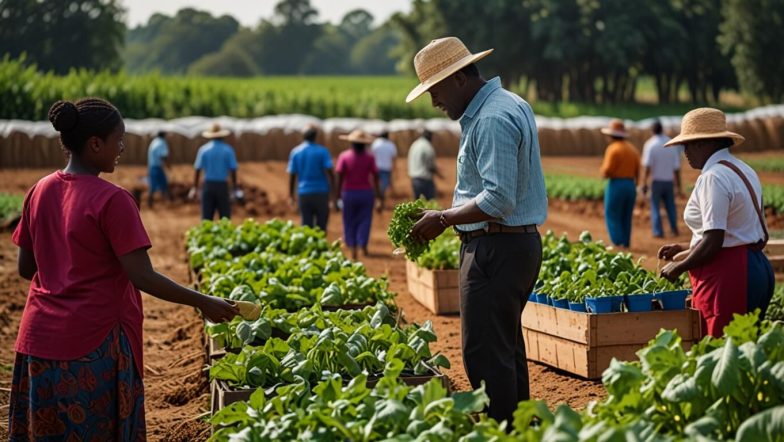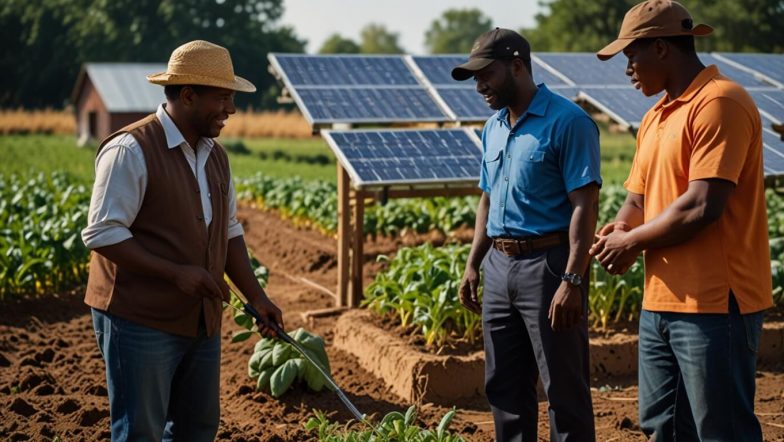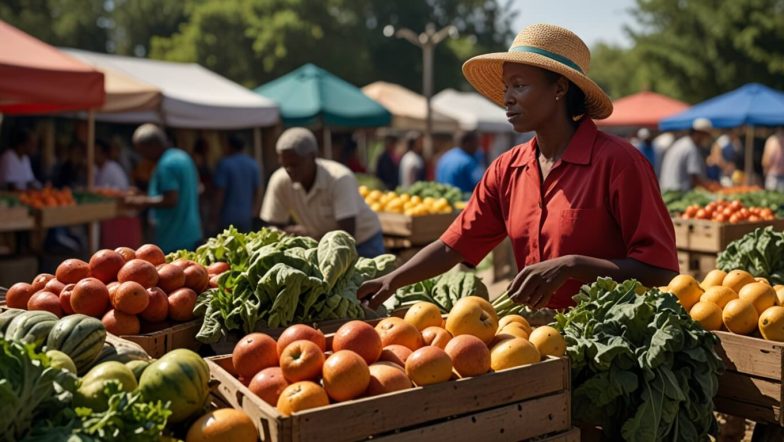In recent years, Nigeria has faced significant environmental challenges, from deforestation and soil erosion to pollution and biodiversity loss. These issues threaten our natural heritage and directly affect the health and livelihoods of millions of Nigerians.
Recognizing the urgent need for action, it is important that we create programs that initiate community-led environmental conservation projects. These grassroots efforts are crucial for sustainable development and environmental preservation.
In this article, I’ll highlight the importance of community-led conservation projects and share some inspiring examples from Nigeria.
The Importance of Community-Led Conservation
Community-led environmental conservation projects empower local communities to take charge of their natural resources. These initiatives are driven by the people who are directly affected by environmental degradation, ensuring that solutions are tailored to local needs and conditions.
- Local Knowledge and Expertise
Communities possess invaluable knowledge about their local environment. This expertise allows them to implement effective conservation strategies that might be overlooked by external agencies. - Sustainable Practices
Community-led projects often promote sustainable practices that are culturally appropriate and environmentally sound. These practices help preserve natural resources for future generations. - Ownership and Responsibility
When communities lead conservation efforts, they develop a sense of ownership and responsibility towards their environment. This fosters long-term commitment and stewardship.
Success Stories of Community-Led Projects
- The Ekuri Initiative
The Ekuri Initiative, based in Cross River State, is a prime example of successful community-led conservation. The Ekuri community, recognizing the value of their rainforest, came together to protect it from logging and agricultural encroachment.
The initiative has now preserved over 33,600 hectares of rainforest, safeguarded biodiversity, and improved the community’s livelihoods through eco-tourism and sustainable harvesting of forest products. - The Ogoni Clean-Up Project
In the Niger Delta, the Ogoni community has been at the forefront of efforts to clean up oil pollution and restore their environment. Years of oil spills had devastated their land and water, affecting health and livelihoods.
These efforts have led to the remediation of contaminated sites, improved health outcomes, and increased awareness about environmental protection. - The Lekki Conservation Centre
The Lekki Conservation Centre in Lagos State is a community-driven initiative that aims to preserve urban biodiversity and provide environmental education.
It has become a vital green space in Lagos, preserving wildlife habitats and serving as a model for urban conservation efforts.
Challenges and Solutions
While community-led projects have made significant strides, they also face challenges such as limited funding, inadequate technical support, and resistance from vested interests.
- Funding and Resources
Many community projects struggle with insufficient funding and resources. To address this, partnerships with NGOs, government agencies, and the private sector are essential. - Technical Support and Training
Communities often need technical support and training to implement effective conservation strategies. Providing education can enhance the success of these projects. - Policy and Advocacy
Advocacy for supportive policies and regulations is crucial. Communities need to engage
with policymakers to ensure that their conservation efforts are recognized and supported at
the national level.
Community-led environmental conservation projects are vital for addressing Nigeria’s environmental challenges. As we support and expand these grassroots efforts, we contribute to a healthier environment and a more sustainable future for all Nigerians.






Leave a comment